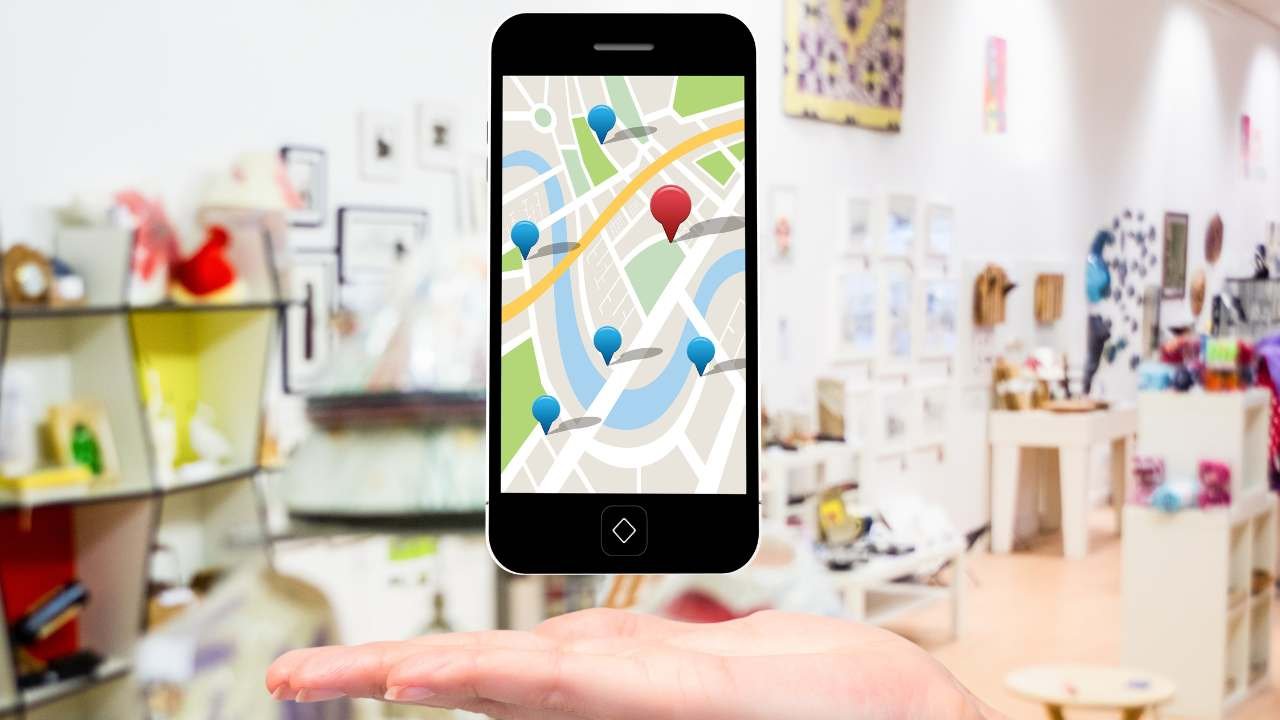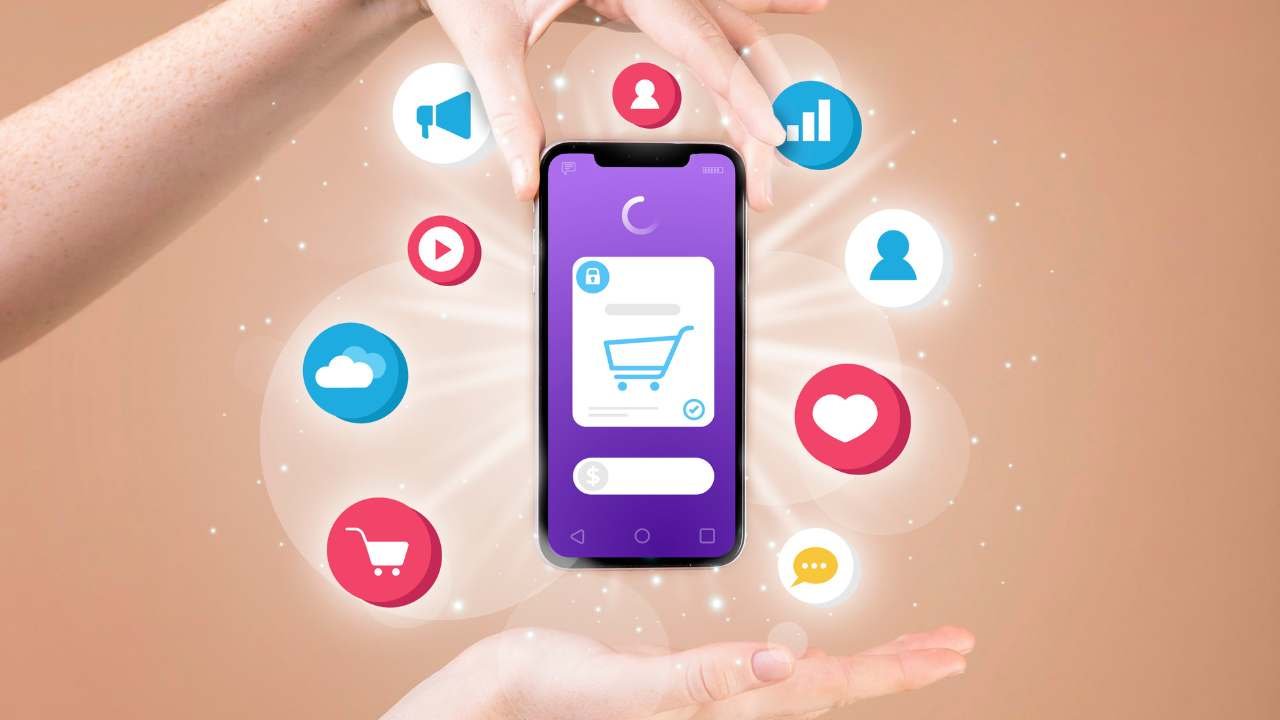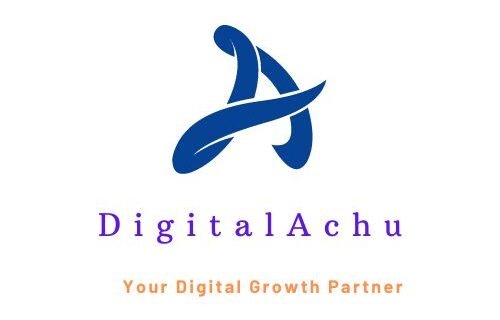Mobile Marketing

Introduction
Mobile marketing revolutionized the way businesses communicate with their audience in the digital age. With the explosion of smartphones and tablets users are more connected than ever before, presenting a vast chance for marketers to communicate with their customers on a higher level.
In essence mobile marketing refers to the process of being able to reach and influence consumers using mobile phones, whether it’s smartphones, tablets or other devices that can be carried around. This type of marketing encompasses a variety of tactics and strategies, including using SMS to promote marketing as well as mobile apps and mobile web optimization marketing which is dependent on the location of the user and.
A number of biggest advantages of mobile-based advertising lies in its ability to deliver relevant and specific messages to consumers in accordance with the place of their device and their preferences and browsing habits. This level of precision allows marketers to create more relevant and timely messages which ultimately result in greater involvement and improved rate of conversion.
Additionally mobile marketing is unbeatable in terms of user-friendliness and accessibility which allows companies to connect with their clients from anywhere, at any point in time. It doesn’t matter whether it’s providing special offers and customer support or asking for opinions mobile devices can be used as an effective means of communication between the company as well as their clients.
In the mobile-first era, mastering this art is vital for any business looking to stay competitive and successfully communicate with their customers. Through harnessing the potential mobile technology provides companies are able to create stronger relationships with their customers and produce tangible business outcomes.
In this blog we examine 10 types of mobile marketing techniques designed to assist companies in better navigating mobile technology. Ranging from augmented reality and location-based marketing, to SMS marketing and responsive design strategies – this study delves deep into what contributes to mobile marketing success. Furthermore, understanding effective mobile marketing methods has become even more essential for businesses looking to thrive in today’s increasingly-competitive digital environment.
What is Mobile Marketing

First, let’s understand what is Mobile Marketing? Mobile marketing uses the mobile phone as a tool to promote products or services by advertisements.
Mobile marketing makes use of the unique capabilities of smartphones to provide content specifically and efficiently to consumers. By using services that are based on location, mobile marketers to focus specific content directly to customers.
Effective mobile marketing strategies include advertisements on mobiles, in-app promotions Push notifications, as well as the ability to design in a way that allows for optimal user experiences across all devices.
Mobile marketing allows companies to interact directly with customers in real time, giving immediate feedback and interactions.
Mobile marketing campaigns usually provide an experience that is centered around the user, urging users to take desired actions such as buying as well as downloading software.
Due to the rising popularity towards mobile shopping, companies that use mobile devices to boost their efficiency and increase the effectiveness of the effectiveness of their digital marketing strategies are crucial to stay competitive in today’s market.
Types of Mobile Marketing

In this digital age, mobile devices are an integral part of our lives, and have completely changed the way businesses communicate with their clients. Mobile marketing includes a broad range of strategies and methods which aim to connect with consumers via smartphones, tablets as well as various other devices. In everything from the voice-based search method to SMS marketing, every method gives companies unique opportunities to connect with consumers using a personal and effective way.
1. SMS Marketing
SMS marketing is the process of sending text messages in short form directly to subscribers. It is a reliable and efficient way to deliver targeted promotions and other information directly. SMS allows for real-time engagement and alerts that are time-sensitive. SMS also includes links that allow users to take action easily for the recipient, making SMS an affordable and robust analytics tracking solution that is that can be used for promotions as well as appointment reminders and surveys. We must comply with legal requirements, user consent, and opt-out choices.
2. MMS Marketing
Marketing via MMS (Multimedia messaging service) marketing is a variant to text-message marketing, which lets businesses transmit multimedia content like videos, images, or audio directly to their customers using mobile phones. MMS marketing is able to deliver information more visually engaging than SMS texting. It is particularly efficient for sharing visually appealing material or communicating messages that make use of multimedia components. However, companies that use MMS must take into consideration any costs associated with data transmission for recipients, while maximizing messages to provide a seamless user experience.
3. Location-Based Marketing
Location-based marketing makes use of the location of users in real-time to deliver them specific messages or content in real time that is relevant and personalized. These types of services enable us to send current and pertinent information to customers depending on where they are, which is ideal for promoting local events, local businesses or tourist attractions. Businesses that utilize proximity marketing can benefit from an effective way to engage customers based on where they are!
4. Mobile Search Ads
The mobile search advertisements are those specially designed for mobile phones which appear in search results. They target people who are looking on mobile phones to find specific services, products or data. Companies use these ads as a way to improve visibility and increase visitors to sites or apps which rely on mobile search results. This allows businesses to improve their online presence, and also attract prospective customers who are constantly looking at mobile search results.
5. App-Based Marketing
App-based marketing refers specifically to the advertising of products or services via mobile applications. This approach allows businesses to reach out to a targeted and active audience that is downloading their app prior to adding advertisements as well as sponsored content, and cross-promotions. This is a highly effective marketing strategy using apps to increase users’ engagement and for conversion boosting goals.
App-based marketing’s main benefit is its capacity to offer relevant and personalized information directly to app users, resulting in better experience for users, which makes this method particularly beneficial for app developers looking to improve the engagement of their users while also generating revenues from this platform.
6. In-Game Mobile Marketing
In-game mobile marketing is advertisements within mobile games to draw players in while playing, usually through banner advertisements, video ads or interactive elements seamlessly integrated to the game experience. Through taking advantage of gaming’s huge popularity and the ability to attract its users without affecting the gameplay. Businesses can benefit from this device to tap into the large and diverse marketplace of gaming on mobile devices.
7. QR Codes
The Quick Response Codes (also also called QR codes are barcodes with two dimensions that are designed for use with phones to give rapid and simple access to websites, apps or other specific content.
QR codes that scan can provide users with direct access to apps, websites and even any other destination they wish to visit and provide easy, contactless access to information or promotions without consuming memory space on smartphones. They’ve become a crucial tool for restaurants, retail stores and marketing campaigns since they permit an instant and seamless transition between digital and physical environments. Customers can access information by scanning QR codes using their smartphones.
8. Push Notifications
Push notifications are messages sent immediately and directly through mobile apps, which provide instantaneous interaction with users, including announcements, reminders or updates for apps. Push notifications give immediate attention and engage users immediately with relevant content. They provide close interaction, as well as the potential for creating specific experiences that are tailored to users. However, these tools should be used with care to maximize the benefits without overburdening users or making them feel uneasy for the person using them
9. Mobile Video Marketing
The process of creating and distributing videos optimized for mobile devices allows businesses to interact with their clients via the social web, sharing websites or mobile apps. With the growing popularity of watching videos on mobile devices, businesses are able to use video that are viewed on mobile devices to draw the attention of their customers and send effective messages to their customers.
10. Augmented Reality (AR) Marketing
Utilizing AR technologies to offer exciting user experience that is immersive on the mobile, companies can engage with their customers in innovative ways. For instance with AR-powered ads as well as in product displays businesses can draw customers into their stores and distinguish themselves from their competitors by offering unforgettable and memorable experiences with Augmented Reality.
Benefits of Mobile Marketing

Mobile Marketing provides businesses with many advantages that are essential to managing the ever-changing digital landscape. Because of its broad reach companies can reach out to people across the globe that transcends geographical boundaries. The high engagement rate is an essential feature of mobile marketing since it allows immediate and immediate interactions with customers, which creates real connections. Personalization can add another level of effectiveness, allowing companies to personalize their offers and content according to the preferences of users and behavior, thereby increasing satisfaction of customers and building loyalty.
Real-time interaction is the foundation of mobile marketing, which allows companies to interact with customers instantly, whether via announcements, promotions or customer service. The instant communication facilitates smooth communication and problem-solving, increasing the user experience. In addition, the value of mobile marketing when compared with traditional strategies makes mobile marketing a desirable choice for businesses of all sizes, providing the highest returns on investments.
Local-specific promotions that yield tangible outcomes can lead to better customer experiences and build brand loyalty and brand loyalty, since businesses can provide targeted promotions based on customers in real-time location. By making use of multimedia content and offering convenience across different devices, companies have an advantage in drawing attention from consumers and increasing conversions. In the end, mobile marketing firms successfully engage their targeted audiences to increase sales and gain valuable customer insight making mobile an essential component of the modern digital marketing strategy.
Mobile Marketing Tools
Mobile marketing tools encompass different platforms and programs designed to aid and improve marketing strategies that are targeted at the mobile market. The most popular of the tools is mobile marketing automation which helps streamline marketing campaigns by automating tasks like personalizing messages segmentation of users and planning of marketing campaigns. Platforms such as Braze and Leanplum have powerful automation tools that permit businesses to deliver targeted messages to their customers based on their preferences and habits, which increases their the amount of engagement and improves conversion.
Another important tool is Mobile Analytics which provides valuable data regarding the user’s behavior with respect to campaign performance and also the use of apps. Examples include Flurry Analytics and Google Analytics to Mobile Apps together with Flurry Analytics that provide extensive analytical and reporting tools to help businesses understand their customers better and adjust their marketing strategies to meet the needs of customers.
Mobile advertising platforms can assist in bringing specific customers to your website through different types of ads like banners, interstitials, and video ads. Examples include Google Ads and Facebook Ads Manager which allow companies to create highly-targeted mobile advertisements which are based on preferences, demographics and behaviour of their users to increase impact and ROI.
Additionally, Push Notification Services enable companies to send out regular alerts directly to smartphones, thereby increasing the number of users who are engaged and ensuring their loyalty. Platforms like OneSignal and Pusher offer user-friendly interfaces and advanced features, like the capability to test A/B, and segment your target audience to enhance the way you send push notifications that’s efficient.
In the end, the applications for mobile-based marketing allow companies to engage and reach their clients on mobile devices, which results in an increase in sales and a growth rate within today’s digital age.
Conclusion
In the final analysis, mobile-based marketing is now a vital component of modern marketing strategies. It provides companies with unparalleled chances to communicate with their clients in a way that’s more intimate. With the advent of smartphones and tablets the users are connected to the internet, which gives marketers the capability to reach out to their customers at any moment. Furthermore, optimizing for mobile devices extends beyond user experience; it’s integral for enhancing search engine optimization (SEO) and overall digital presence.
By utilizing a range of strategies for mobile marketing, such as mobile apps, smartphones such as SMS, the use of location-based marketing, businesses are able to deliver targeted and personal communications that are resonant with clients. Furthermore accessibility and accessibility to mobile devices enables businesses to create stronger connections with their customers, and increase the amount of engagement, as well as more sales. The technology is always changing to enhance and improve mobile marketing. It is expected to become a vital element of any marketing plan which allows companies to keep up-to-date with their own game and stay in touch with their customers using the most modern technology.

Pingback: 7 Powerful Social Media Marketing Types to Boost Your Success